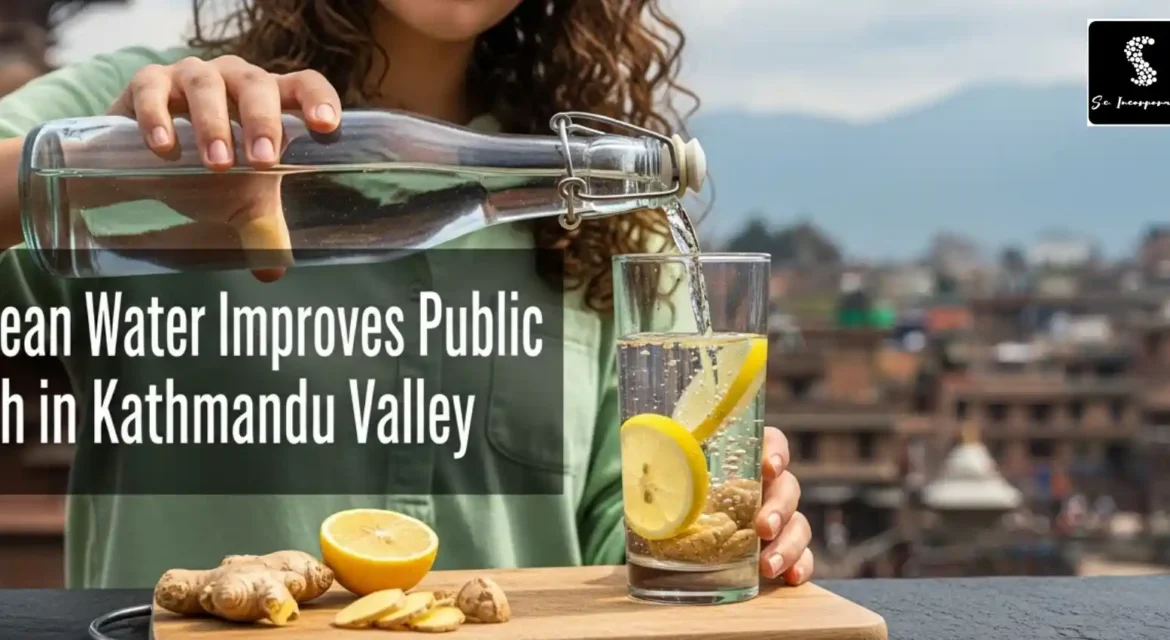
How Clean Water Improves Public Health in Kathmandu Valley | 2025
- Water Supply
- July 10, 2025

In the Kathmandu Valley, access to clean and pure water is a growing public health concern. Although beautiful hills and rivers surround Kathmandu, the water that flows into households is often tainted. Polluted water sources, burst pipes, and unhygienic conditions have made the drinking water routine a health hazard for thousands.
The health benefits of clean and pure water are undeniable, right? Clean water boosts immunity, improves digestion, and prevents fatal diseases. Yet, most of the residents of Kathmandu still make use of untreated water from untrustworthy sources. This affects families, especially children and older people, to waterborne diseases like cholera and typhoid.
Fortunately, technology has also offered contemporary solutions. Today, families can access the best water filtration and ionization systems in Kathmandu so they can have clean and fresh-tasting water that can promote well-being and a healthy life. Alkalized water from these machines not only cleanses but also enhances the pH value of the water, making it healthier than standard tap water.
In the absence of clean water, no public health system can succeed. Clean, safe and potable water is the first line of defence against illness, and yet it is still outside the reach of many. Kathmandu Valley must embrace new methods and technology efforts to confront this disaster. When water is clean, all of society gets its rewards.
Table of Contents
The Link Between Clean Water and Public Health—A Kathmandu Valley Perspective
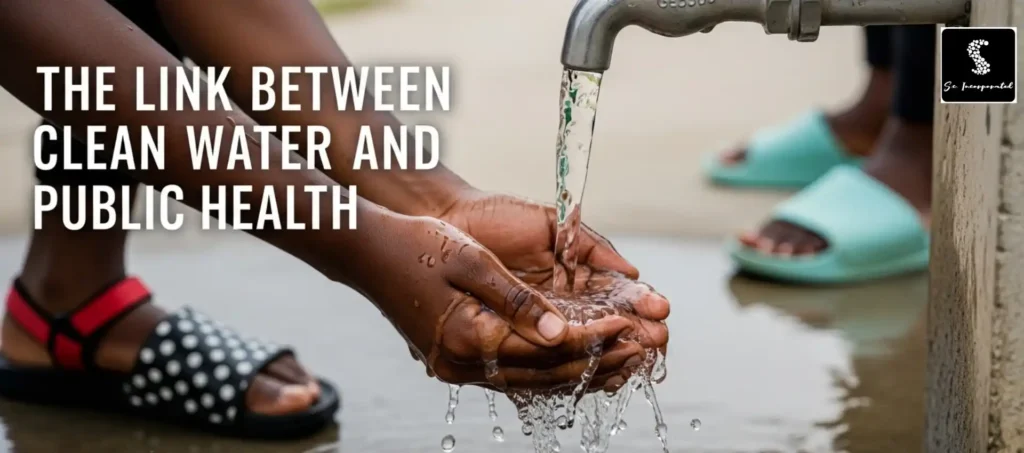
Public health experts agree that clean water is the foundation of a healthy population. In Kathmandu Valley, this fact is playing out every day in clinics and hospitals where waterborne disease burdens the healthcare system. Water pollution is not just an environmental issue; it’s a human health issue too.
Dirty tap water and well water carry different types of diseases like cholera, typhoid fever, hepatitis A, and parasitic infection. Such diseases may be lethal, mostly to children below age five, pregnant women, and elderly citizens. Kathmandu water, especially during monsoons, gets dangerously contaminated when rivers overflow and broken pipes.
Evidence has shown that more than 60% of Kathmandu’s summer months’ outpatient sickness is due to the drinking of unsafe water. It testifies to the fact that public health improvement starts with the safety of water.
The solution is not only in restoring the water supply but also in making families personally responsible for their own water safety. Having home filtration units, drinking clean potable water, and practicing proper storage will decrease the disease rate dramatically.
Access to Safe Drinking Water
Potable water must be an unalienable right to all, but in the Valley of Kathmandu, it is a luxury to a privileged few. There are numerous families, particularly in the outskirts of the Valley, who keep on fighting daily to get clean drinking water.
While the city centers receive some piped water, most of it is not drinkable as water in Kathmandu is not good. Untreated well water or tanker water is consumed by the inhabitants of most of the rural suburbs, both of which are scarcely tested for safety. The cost of buying bottled water imposes an additional monetary burden on poor families.
The health effects of poor water access are severe. Families that have no access to clean drinking water are sicker and have higher healthcare expenditures, and miss more workdays. Children, the most vulnerable to waterborne illness, can suffer long-term health conditions that affect their development and education.
Only through collaboration can we be able to close the gap between clean water haves and have-nots. Everyone can have access to clean water with awareness, action, and investment.
How Poor Water Quality in Kathmandu Breeds Waterborne Diseases
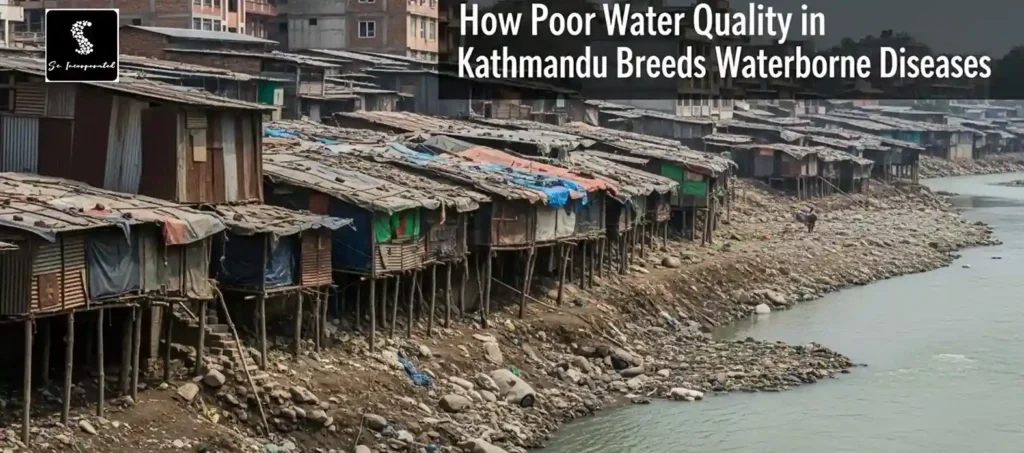
Waterborne diseases are a perennial threat in Kathmandu Valley, primarily due to a deterioration in water quality in Kathmandu. Sewage from old pipes leaks into the water supply, industrial waste contaminates rivers, and household drainage pipes clog during monsoon rains.
This toxic mixing in the water turns the city’s water resources into breeding grounds for harmful bacteria and parasites. During Monsoon, Cholera, dysentery, giardiasis, and cases of hepatitis A rise, and hospitals and clinics become clogged.
But we can prevent these harmful diseases, and it can be achieved with simple means: water treatment before it is consumed, storage in sanitary containers, and the use of certified filtration systems. Also, fixing community-level sewage systems and water pipes will make a substantial difference.
When people drink clean potable water, they protect their bodies from these invisible risks. Pure water saves lives and reduces families’ costs otherwise incurred on treatment, in thousands of rupees.
Scientific Rationale Behind Clean Water Health Perks—Why Safe Water is Important
Clean water advantages aren’t merely self-evident—they’re backed by science. There are numerous studies that attest that drinking safe water keeps almost all the body’s functions in check. It keeps the digestive system running properly, cleanses harmful toxins, keeps our skin healthier than ever, and keeps us energized.
Alkalized water that has a higher pH value carries a few additional health advantages. It is believed by some that the alkalized water will counteract acidity from the body, reducing inflammation and supporting bone health. In highly congested cities like Kathmandu Valley, where diet and pollution stress the body, drinking alkaline water might be your best choice.
Besides, clean water reduces the need for drugs and hospital stays. Clean water as preventative medicine is far less costly than treating waterborne disease after it has developed.
Where water quality is bad in Kathmandu, switching to filtered, pH-balanced water is making tangible improvements in energy and in gastrointestinal function. Individuals who consume clean water regularly get fewer headaches, stomachaches, and lethargy—all symptoms of chronic dehydration and toxin buildup.
Finally, the health benefits of clean water extend to all areas of our lives and enhance physical as well as mental health.
New Solutions Improving Water Quality in Kathmandu Valley
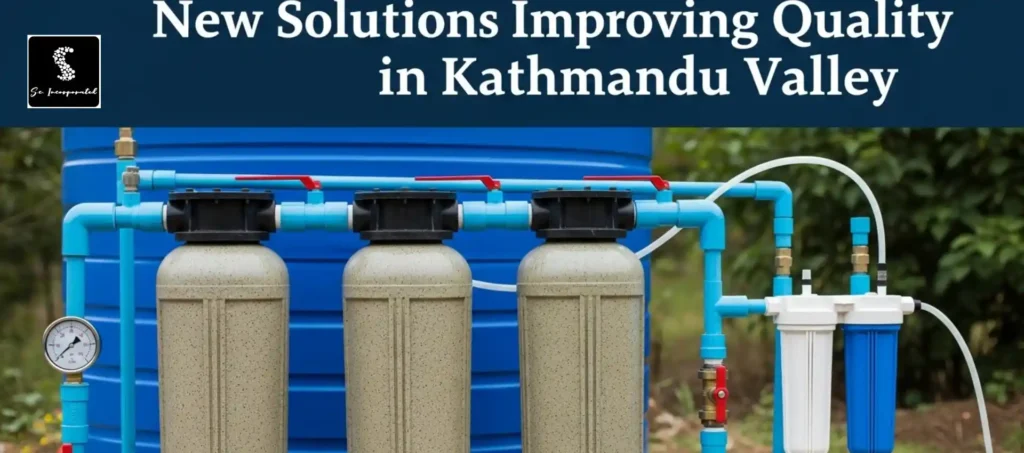
As new technology is revolutionizing in these fast-growing cities, like the way families think about water safety. Devices such as the Chanson Alkaline Water Ionizer Machine are making hospital-grade water purification a reality for everyday homes. These machines, FDA and Medical Grade Approved, provide alkaline water without using chemicals.
Chanson machines are capable of naturally providing the highest (11.5) and lowest (2.5) pH levels, providing the best and safest alkalized water for drinking and cleaning. They use less electricity compared to other brands but provide better performance, which makes them eco-friendly and cost-effective too.
Every Chanson water ionizer goes through 32 inspections in 9 quality checks before leaving the factory. This ensures Kathmandu families a safe, durable, and efficient product.
With these devices, water quality within Kathmandu residences is greatly enhanced. Safe, clean drinking water becomes accessible to families without the necessity of boiling or buying bottled water daily.
How Alkalized Potable Water Lowers Long-Term Healthcare Expenses in Kathmandu
Dirty water hurts health and wastes household funds. Kathmandu households pay thousands yearly in disease treatment caused by dirty water. Doctor’s visits, hospital bills, and treatments add up.
But after households invest money in drinking water with their heart, filtration systems like Chanson alkaline ionizers, medical costs significantly reduce. Alkalized, pure water supports the body’s natural pH level, which builds immunity and overall wellness.
Instead of taking medication after becoming sick, families can stay healthy in the first place. Healthy children miss fewer days at school. Healthy adults miss fewer days of work, and productivity is higher in the workplace.
The cost-benefits of clean water on health in the long term are several times larger than what was invested earlier in a filtration system. Families live healthier lives and spend their hard-earned money on other adventures rather than on hospital bills.
The public health of Kathmandu will improve only when prevention takes precedence. Clean drinking water is a sound economic decision and a smart health decision.
Community-Led Initiatives to Improve Water Quality in Kathmandu Valley
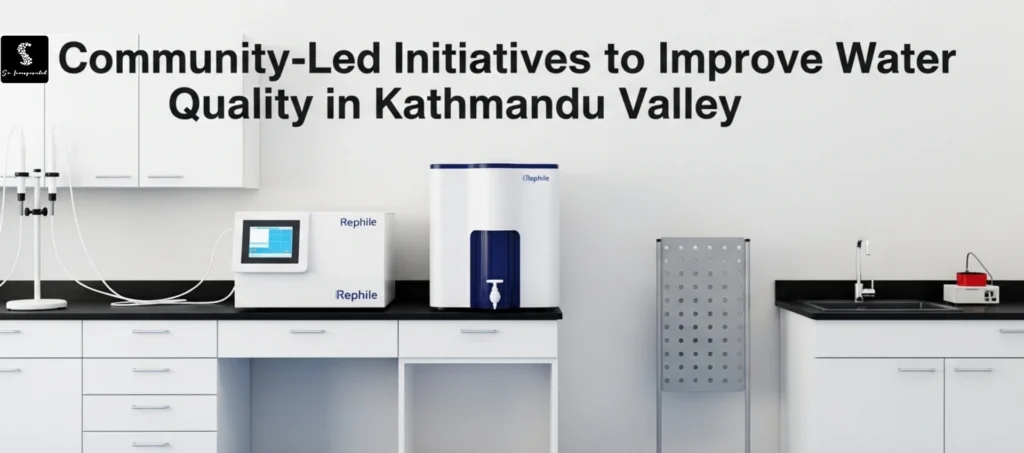
The path to safe water in Kathmandu Valley is powered by common citizens. Neighbourhood by neighbourhood, community by community, citizens are joining forces to promote water quality in Kathmandu through grassroots initiatives level and public awareness.
NGOs are setting up community filtration centers, offering hundreds of households free access to clean drinking water. Communities are learning about the prevention of waterborne disease through schools and community centers, and children are becoming health ambassadors at home.
Rainwater harvesting and biodegradable sewers are also gaining popularity in some communities of Kathmandu. These programs do not only improve the supply of water but also keep natural water sources free from contamination.
Yet, these projects require investment. The government, private sector, and civil society need to collectively invest to replicate these community achievements Valley-wide.
The clean water health payoffs of these projects already show up on the radar screen—fewer disease outbreaks, healthier kids, and cleaner streets. Envision what could be achieved if each Kathmandu neighbourhood were a part of it.
The Role of Safe Water Practices in Waterborne Diseases Prevention
Even the cleanest water is unsafe if not handled properly. Good safe water practices play an important role in maintaining healthy families by avoiding disease. Boiling water during epidemic seasons, storing tanks every month and scrubbing them, and using tested filters can do miracles.
Every household needs to develop the practice of consuming safe water, avoiding unsafe street stall water and unchlorinated wells. Parents need to teach children hygiene, especially washing hands before meals and after using the toilet properly.
These are habits of the day, which are the first point of protection in waterborne disease prevention. While government projects improve city-wide water quality in Kathmandu, families can protect themselves starting today.
The health benefits of clean water multiply when prevention happens at both the household and community levels. Healthy living keeps everyone safe.
Why Every Household in Kathmandu Needs Clean Potable Water
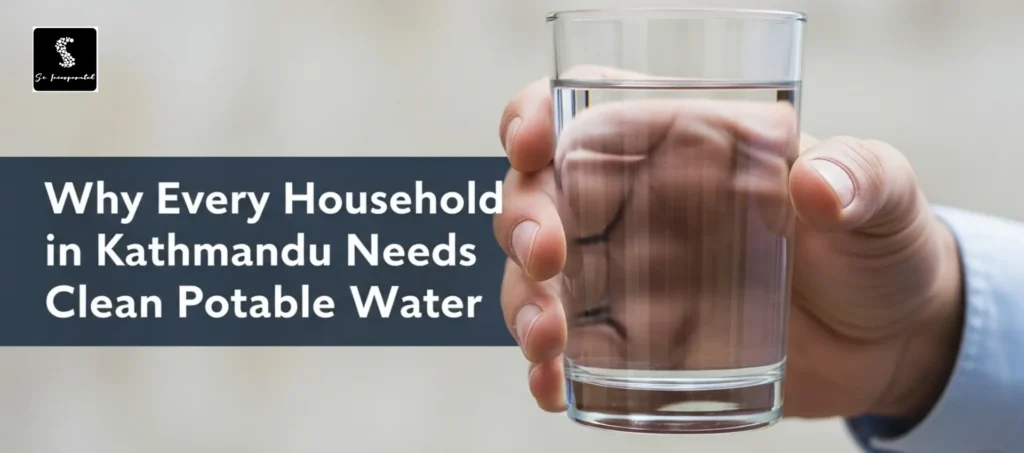
Every person in Kathmandu must have access to clean and safe drinking water. Drinking water is a human right, not a privilege. Urban or rural, rich or poor, every household must have access to clean water health benefit that protects life and dignity.
Kathmandu needs to make clean water its public priority service. If government initiatives, private sector companies and people power work together, they can turn around the water system in the city for the better.
Commerce and housing can become masters of their destiny as well with reliable filtration aids. Invest in safe water with SC Incorporated, an organization that offers trustworthy and cutting-edge water purification equipment inside the Kathmandu Valley. Let us join forces to create a safer and healthier Kathmandu tomorrow.
Frequently Asked Questions (FAQs)
What are the main health benefits of drinking clean water?
Drinking clean water helps your body in many ways. It boosts your immune system, supports digestion, and protects you from waterborne diseases like diarrhea or cholera.
Why is the water quality still poor in Kathmandu?
Kathmandu’s water issues mostly come from old, damaged pipelines, sewage leaks, and pollution caused by the city’s rapid growth and poor waste management.
How can I protect my family from waterborne diseases at home?
Start by boiling your water or using a trusted water filter. Also, make sure you store your drinking water in clean, tightly sealed containers.
What does Potable water mean?
Potable water simply means water that’s safe to drink. It doesn’t contain any harmful bacteria, chemicals, or other pollutants.
Does drinking alkalized water really improve health?
Yes, many people find that alkalized water helps balance their body’s pH, keeps them hydrated better, and may even reduce inflammation and fatigue.
What makes Chanson water ionizers different from others?
Chanson ionizers are FDA-approved, known for using less energy, and they produce alkaline water in a safe and natural way—making them a reliable choice.
Where can I buy a good water filtration system in Kathmandu?
You can find high-quality water filters at SC Incorporated in Tripureshwor, Kathmandu. They offer advanced systems suitable for home and office use.
Related Post
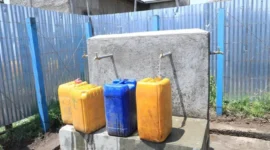
- 16 May 2025
- 0
- 0
Understanding the Water Scarcity of Kathmandu Valley: Causes and Solutions
Kathmandu Valley, with over three million people, is experiencing a critical water shortage. Rushed urbanization,
Read More
